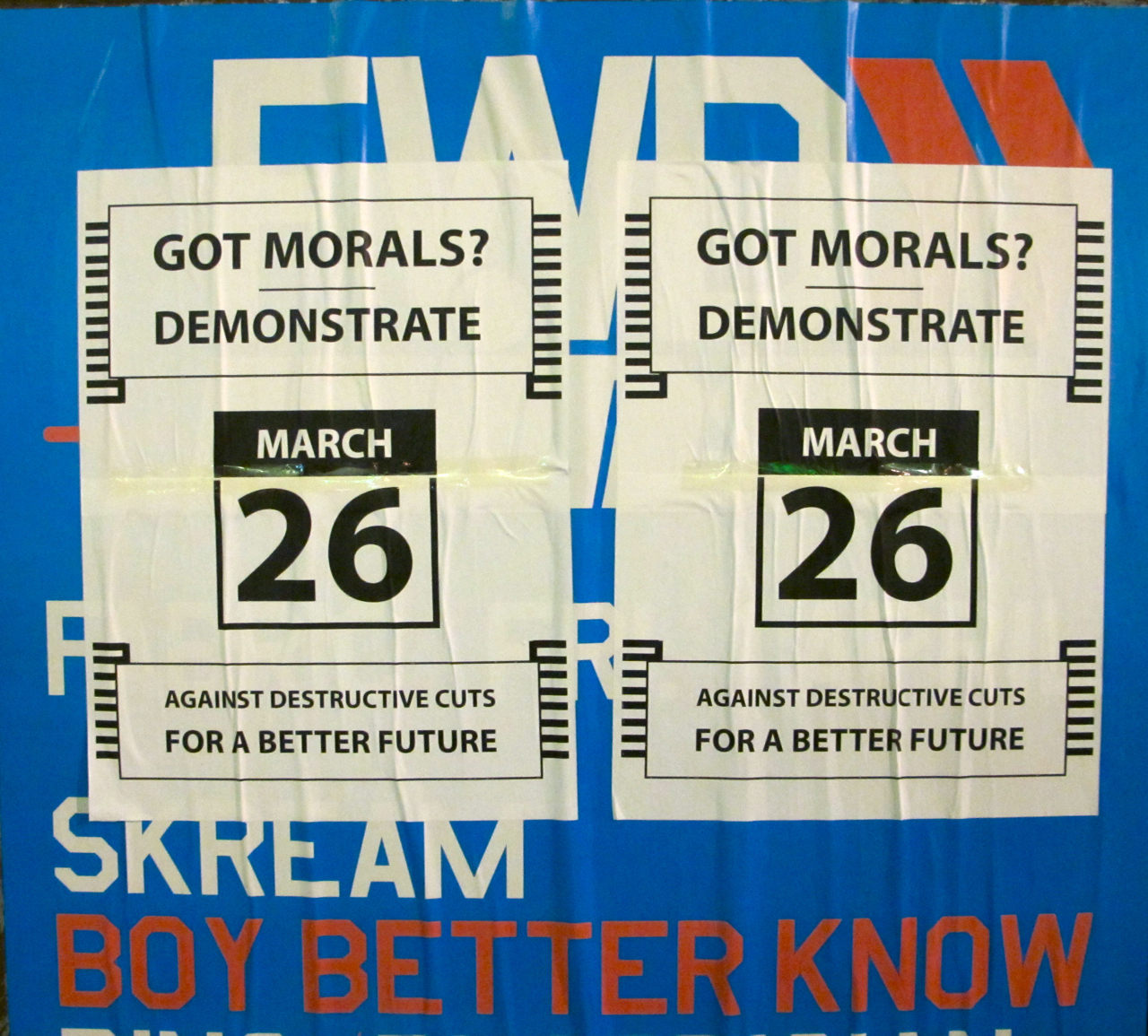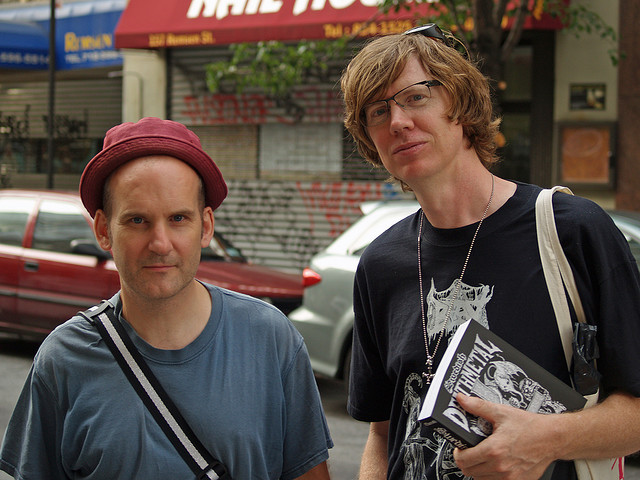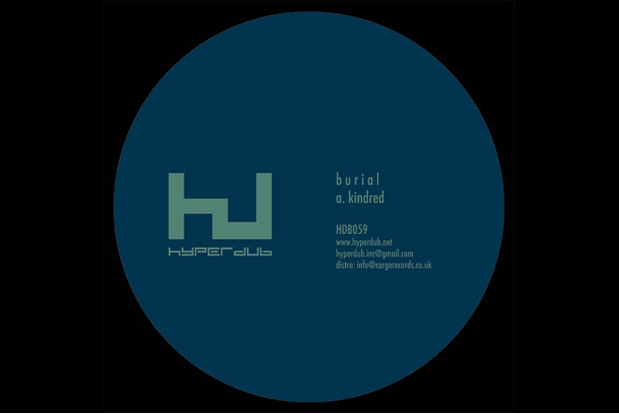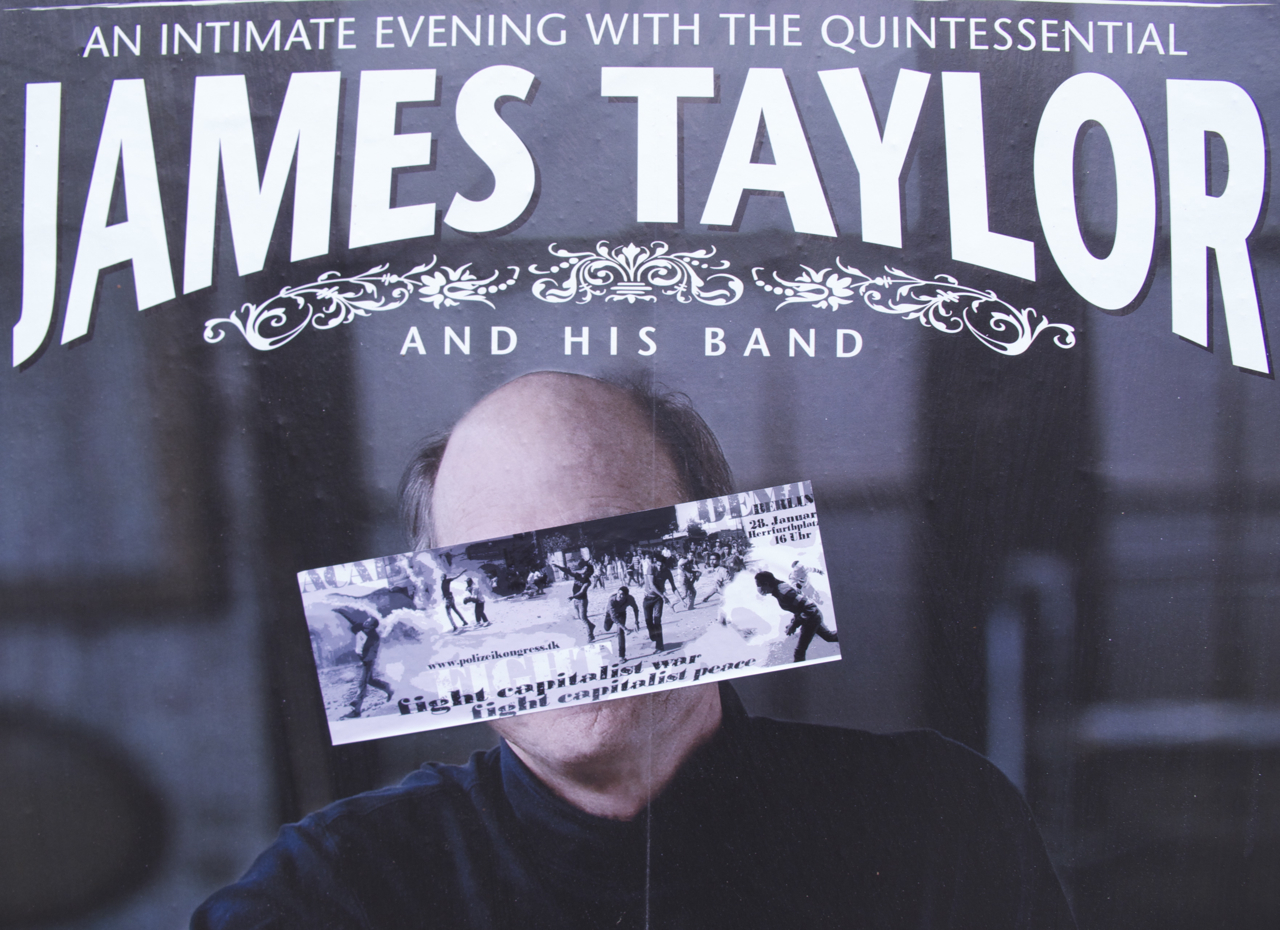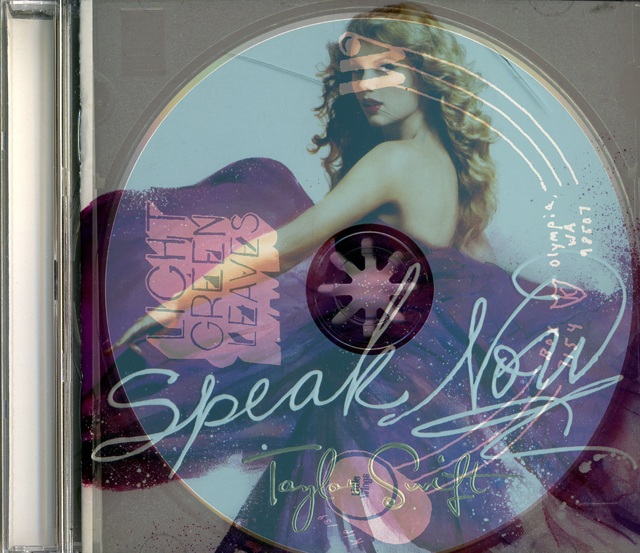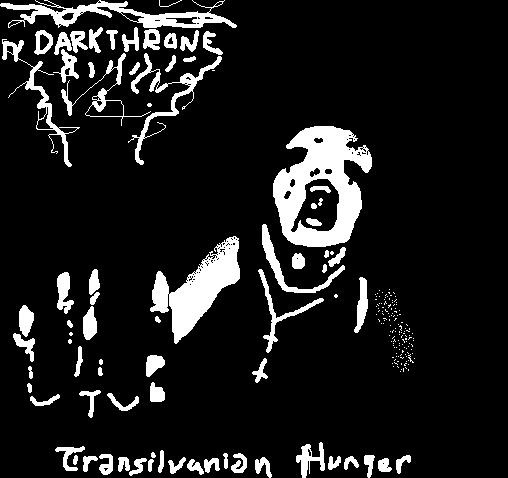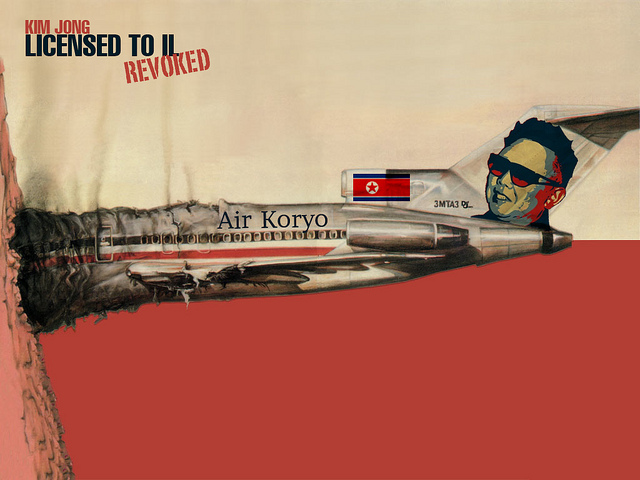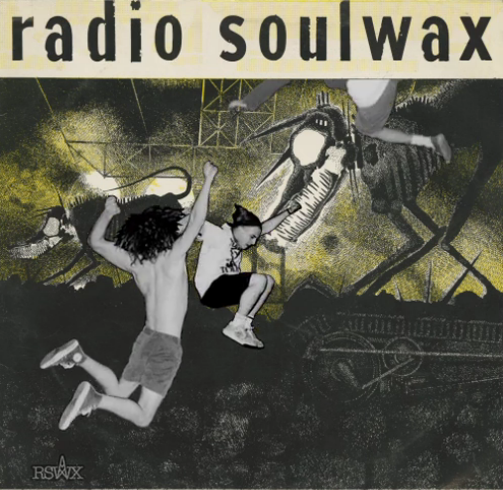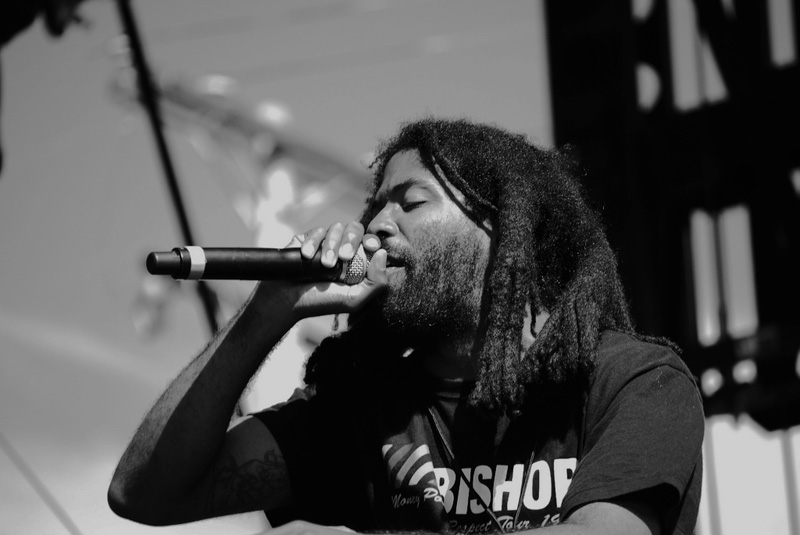With the exception of albums such as Kode9 and the Spaceape’s Memories of the Future, and Dusk and Blackdown’s Margins Music, dubstep is not known to be political. Reflective of its contexts, like Burial’s debut, certainly, but a protest idiom, like punk, well, no. (More…)
Sound
‘90s punk. What was it? Think of punk in the 1970s. A certain set of images, band names, and song titles immediately present themselves: The Ramones, Sex Pistols, the Buzzcocks. Fast forward to the eighties, and a similar thing happens, even if many 1970s bands continued into the decade, and even if many bands thought of as 1980s bands, like Black Flag or the Dead Kennedys, actually began in the ‘70s. (More…)
It was two in the morning as I made my way up the hill. Halfway through my second listen to Burial’s new Kindred EP, the music had started to saturate me, like rain that has stopped searching for the fastest way to the sea. But the sounds were still new too new for me to trust my ears. Was this strange wail I was hearing a part of the recording that I’d missed the first time? (More…)
In 1977, Chelsea released Right to Work. As with the term “public school,” “right to work” has opposite meanings in the US and UK. In America, it means the “right” of the government to override closed shop agreements between unions and employers, a contractual agreement companies should support. Except, since closed shops benefit unions, pro-market advocates don’t support it, and hypocritically call for state regulation. (More…)
Toronto is made up of many different villages. In the past, each played host to a different immigrant community. Today, you can hardly tell these areas apart from each other. Bloor West Village used to be Ukrainian, but has since since lost much of its original, eastern European character. Touted as a poster child for Canadian multiculturalism, it is conspicuously homogeneous, in a typically unmemorable sort of way. (More…)
“James Taylor, Marked For Death.” The title of a 1971 essay by the late rock critic Lester Bangs was a watershed moment in American music criticism. Denouncing the smarmy folk rocker for, among other things, nurturing his own cult of personality, some critics contend that Bangs’ attack on Taylor was one of the first instances of punk music journalism. (More…)
It was finally dark. The days were still hot here in the desert. But once the mountain became a silhouette, the temperature dropped quickly. My daughter and I were delighted by this first hint of winter, the reward that seemed impossibly remote in the middle of another too-hot October. (More…)
In a Maximum Rockn Roll column in 2005, Felix von Havoc stated that we’re in the” throwback era” of music. Try as I might, I can’t escape the feeling that Havoc’s insight has been one of the more salient observations made in the past decade. It cuts to the core of a very important issue. Most music, mainstream or underground, is nowadays judged in terms of what it is a “throwback” to. Has rock reached a cultural cul-de-sac? (More…)
“Kitsch is the absolute denial of shit,” Milan Kundera famously snarled in his 1984 novel, The Unbearable Lightness of Being. In his story, a painter declares an aesthetic war on the kitschy pop culture that was crafted and enforced by communist Czech bureaucrats during the Prague Spring revolt of 1968. (More…)
In their guises as 2manydjs and Soulwax, Belgian brothers and prolific audio/visual bricoleurs David and Stephen Dewaele set the standard for this century’s digital cut-up pop media scene. Nowhere is this more evident than in Hardcore or Die, their impressive visual take on that most unruly of 20th-century analog pop genres, ’80s American and European hardcore punk. (More…)
“Epic Salutations,” the seductive opening track on Murs’ new album Love and Rockets, Vol. 1: The Transformation ends with what sounds like a mission statement: “Hard core rap about nothing at all.” But the reality of this fine hip-hop record is far more complex. (More…)
Toronto has a dilemma: It can afford new, high tech trains for municipal transport. However, it cannot develop other services to meet the city’s needs. What does this disjuncture mean? (More…)
